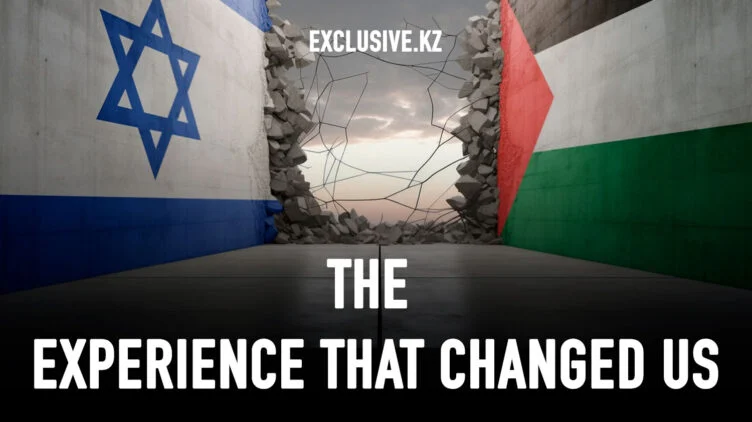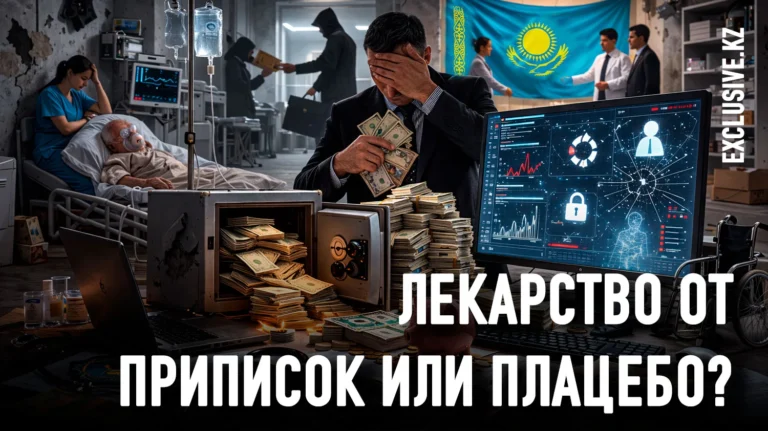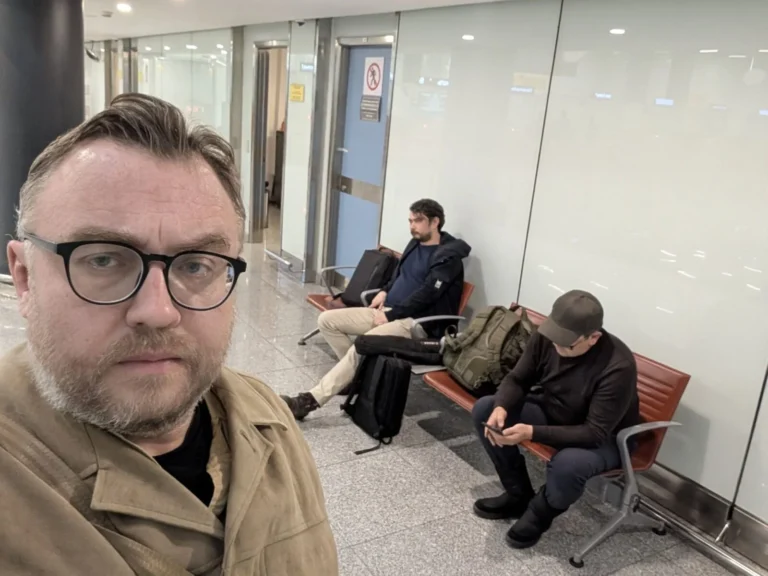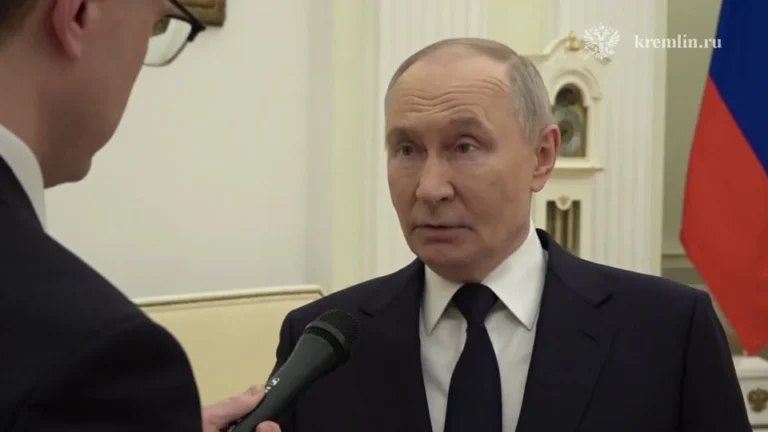Jewish Heritage and the Search for Accountability

According to my father (who was a great storyteller) and his mother (who was not), one of my great-uncles was a rabbi in nineteenth-century Kyiv. This would have been before my grandmother’s father came to America from a Jewish settlement in what today is eastern Poland. After he arrived, Jake, as he was known, met and married my great-grandmother, Beatrice. A beautiful woman en route from similar lands, she had stopped for a time in England, which became the basis for the outlandish claim that she knew, and may have even descended from, Queen Victoria.
My mother’s side, Jews hailing from the Pale of Settlement (in present-day Lithuania) also had plenty of tales, some more plausible than others. But by the time I came into the picture in the 1960s, my mother had made three things clear: even if we did not attend synagogue or keep kosher, Passover was a time to remember our Jewish heritage; candles would be lit at Hanukkah; and Israel was no joking matter.
My dad was on board with this at the time. He would proudly recall his college days, when he served as the leader of his local Hillel branch and helped raise funds for the Irgun, a Zionist paramilitary group fighting for an independent Jewish state in the 1940s. Whatever its problems, I was told, Israel was a great achievement, representing a rightful recognition of, and corrective to, the Jewish people’s historic subjugation.
When I was a kid, this was a no-brainer. But in my teen years and beyond, Dad started raising uncomfortable questions about Israel’s treatment of Palestinians. At dinner parties with affluent Jewish friends, I would cringe as Mom politely but firmly sought to steer the conversation to safer ground.

For a while, this was the extent of my engagement with the issue. As I grew older, and as the hope of the 1993 Oslo Accords – which created today’s Palestinian Authority – faded, Israel seemed like a subject best avoided. But though I never yearned to visit, an opportunity to do so arose in the 2000s, and I seized it.
That experience changed me. On the one hand, I was struck by the sense of kinship that I felt with Jewish Israelis in Tel Aviv, many of whom resembled my relatives from Eastern Europe. On the other hand, when I crossed into the West Bank and saw life on the other side, I could not escape the feeling that I was back in 1980s South Africa, where I had worked one summer while in law school.
The separate roads, the restrictions on movement, the profoundly different life possibilities for Palestinians and Jews – these all shook me to the core. After I returned to New York, what had once seemed normal – the pervasive refusal among friends, acquaintances, and on my own part to see, hear, and understand the plight of the Palestinians – now seemed wrong.
But even as Israel’s policies became increasingly antithetical to the goal of achieving two states, my work as a human-rights lawyer took me to other places and problems: Roma children in European ghettoes, to Rohingya refugees fleeing from ethnic cleansing in Myanmar, and to the victims of Russian aggression in Ukraine.
Over the past 22 months, however, I have no longer been able to escape the feeling that I am personally implicated in all that has been happening – from the horrific Hamas attacks of October 7 to the ensuing Israeli slaughter of Palestinians in Gaza, the surging anti-Semitism in the United States, and the cynical misuse of that trend to maul hallowed American institutions and freedoms.
As a lawyer and former prosecutor, it is not surprising that I would respond to feelings of guilt and shame by turning to the purported rationality and impartiality of law. If the leaders of Hamas and Israel have committed crimes, the courts should address them, and all those who believe in the rule of law should demand respect for, and adherence to, their judgments.
Here in the US, the response to anti-Semitism must be to re-commit to universal respect for the rights of all humans, whatever their faiths or ethnic origins, while at the same time vigorously defending people’s freedom to express themselves fully within the broad remit of the First Amendment. But though this response feels right, I cannot help but wonder, as a personal matter, whether it is sufficient. Does it take account of whatever horrors led my Jewish relatives to flee, more than a century ago, from countries that denied them equal opportunities? What would my parents say?
They are no longer with us, so I cannot know. I hope they would see my small part in the pursuit of accountability for the crimes taking place in Israel and Gaza as an affirmation of their Jewish faith. And yet, as I consider how their examples have shaped my actions, I wonder how they would reckon with a world that is witnessing atrocities on a scale they had come to assume was long past.
Copyright: Project Syndicate, 2025.





Все комментарии проходят предварительную модерацию редакцией и появляются не сразу.